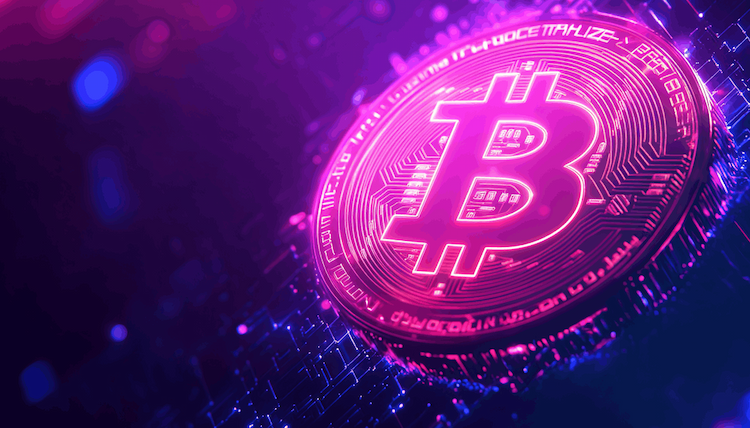
Gaming has always been integral to Southeast Asian (ASEAN) society, boasting an impressive 250 million online gamers across Indonesia, Malaysia, Thailand, Vietnam, Singapore, and the Philippines. In 2019, the region generated a staggering $4.3 billion in gaming revenue, marking a remarkable 13.9% increase from the previous year. Until the rise of GameFi, Esports, strategy, and shooter games dominated the gaming landscape in ASEAN. However, with the advent of 5G technology and the region's mobile-first approach, the introduction of blockchain-developed games, known as GameFi, quickly gained widespread popularity among native gamers.
Axie Infinity: Paving the Way for New Opportunities in Challenging Times
The rapid adoption of GameFi in ASEAN can be attributed not only to the region's strong affinity for gaming but also to the socio-economic challenges faced by its society. Many ASEAN countries grappled with issues like a significant percentage of the population lacking access to banking services—around 71% in the Philippines alone—and approximately 290 million people in the region being unbanked globally. Moreover, the impact of the COVID-19 pandemic, coupled with minimal government aid, left many individuals struggling to make ends meet on a median monthly income of $500. In such circumstances, the emergence of play-to-earn blockchain games presented an enticing opportunity for people to supplement their income, thus driving the rapid adoption of GameFi.
Among the most popular GameFi use cases is Axie Infinity, a play-to-earn (P2E) game developed by the Vietnamese startup Sky Mavis. This game revolutionized ASEAN society, especially during the Philippines' peak of 2020-2021. Axie Infinity provided an accessible and low-cost means for individuals to earn extra income, even if they lacked prior experience with gaming or cryptocurrencies. Players across Southeast Asia could accumulate rewards and points in the game and convert their earnings into fiat currency to fulfill essential needs.
As Axie Infinity's popularity surged, the price of in-game avatars (Axies) increased significantly, making it challenging for some to afford and join the game. Nevertheless, P2E income proved sufficient to support many individuals in ASEAN, serving as a valuable supplement to their overall earnings. To ensure access to the game for those with limited capital, Gaming Guilds like Yield Guild Games (YGG) stepped in, allowing individuals to borrow gaming assets at a reduced cost and return a percentage of their earnings to the guild.
The Future of GameFi in Southeast Asia
Southeast Asia is one of the world's most dynamic crypto markets, with GameFi, especially P2E, at the forefront of its gaming industry. Since 2021, the P2E sector has witnessed a staggering 188% growth and garnered over 61,000 monthly searches. The upcoming months promise further advancements and expansion in the GameFi realm.
Some developments in Southeast Asia's GameFi landscape include mainstream Web2 gaming companies expressing increasing interest in Web3 and blockchain-based game development. For instance, Thailand-based esports and gaming company Ampverse has recently launched its metaverse-focused business division, Ampverse Web3. With a substantial footprint in the region's esports scene, Ampverse aims to build a robust community around Web3, educating gamers about NFTs, P2E, and other GameFi-related topics.
Similarly, Singapore-based startup Game Space plans to launch numerous projects by mid-2023, envisioning games that offer a balanced combination of earning opportunities and enjoyable gameplay, moving beyond the current "GameFi 1.0" paradigm.
Crypto-focused entrepreneurs and institutional investors in Southeast Asia recognize the immense potential of GameFi in the coming years. Combining GameFi with decentralization allows the region to address genuine societal challenges, such as a high percentage of unbanked individuals and low-income earners. Undoubtedly, the future of blockchain gaming in Southeast Asia is full of excitement and promise.



